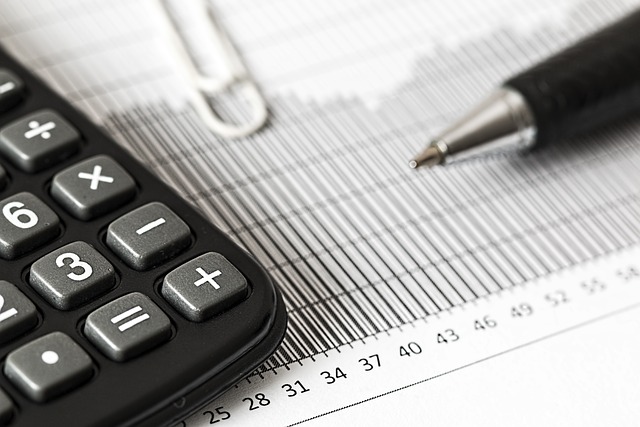Tax Clerks – aka "Steuerfachangestellte"
 Tax clerks, Steuerfachangestellte, support tax consultants in providing tax and business advice to clients. To become a tax clerk, an apprenticeship as a dual vocational training is necessary.
Tax clerks, Steuerfachangestellte, support tax consultants in providing tax and business advice to clients. To become a tax clerk, an apprenticeship as a dual vocational training is necessary.
Responsibilities of a Tax Clerk
Tax clerks support tax consultants in advising clients on tax and business matters. Therefore, the tasks of a tax clerk are very much oriented toward the activities of the tax consultant to relieve him of the "nitty gritty dirty work". Tax clerks are in constant contact with tax offices, clients, managers and insurance companies. Their main tasks include:
- general office and administrative work,
- preparation of financial accounting,
- preparation of payroll accounting,
- preparation of annual financial statements,
- processing tax returns,
- checking tax assessments,
and - advising clients.
Due to the advancing technical developments and the accompanying automation, the profession of a tax clerk is increasingly becoming an allround job. This is also indicated by the fact that tax clerks are readily employed in other areas such as accounting and payroll departments, in controlling or in the legal departments of big enterprizes.
Hard skills and soft skills
Typical soft and hard skills of a tax clerk include:
- confident handling of (MS) office and bookkeeping programs,
- good verbal and written communication skills,
- understanding of complex interrelationships in legal, practical, and tax matters,
- communication skills and customer and service orientation,
- diligence and sense of responsibility,
- flexibility,
- number crunching.
Requirements for the Training
There are no uniform regulations for admission to the training. Each training tax consultant decides for himself how to teach his trainees. Trainees with a university entrance qualification are predominantly taken on.
Language Requirements
The ordinace determing the qualifications of tax clerks does not formally require any knowledge of German. It is not to expected that the clerk officially passed an aptitude test but to pass the test for the tax clerk. In order to independently work, you will have to have achieved B2 or C1.
When starting your training, you will not need to speak too much German. Due to the shortage on tax clerks, you would first only be dealing with English speaking clients anyhow – once you have some training. You will have to take German classes after hours to be able to read and learn German law.
Receiving the professional title tax clerk ("Steuerfachangesteller") requires passing a total of four examinations. Three of these are written exams in the above mentioned subjects while one is an oral exam. This profession is regulated, which simply means that only such persons may officially call themselves Steuerfachangesteller, who have the matching diploma; i.e. received the permission to hold that professional title.
Salary Expectations
The salary for the trainee is based on the recommendation of the local responsible chamber of tax consultants. On average in Germany, the salary in the 1st year of the apprenticeship is between €740 and €1.010 gross per month. In the 2nd year between €850 to €1.120 and the 3rd year between €950 to €1.270. After completing the apprenticeship as a tax clerk, the average salary is €2.708 gross per month. Earnings after the apprenticeship always depend on the size of the employer and the location. The median salary of a tax clerk in Germany is €3.112 gross per month.
Persons over 45 Years
If you are 45 years or older, you also have to receive a salary of at least €4015 in Western Germany, resp. €3905 for Eastern Germany. If your salary will be lower than that threshold, you will have to show an adequate pension plan or other provisions for retirement. This coverage can be either the state pension plan from home, private savings, or closing a German pension plan or a mixture of all. The government wants to make sure that you will not be dependent on welfare upon retiring. An exception is imaginable, when there is a public interest in a certain profession. A public interest will be typically assumed when the profession is in shortage in Germany. You will find some examples here: www.vonEngelhardt.com/professions
N.B. This is only relevant for the very first permit!
